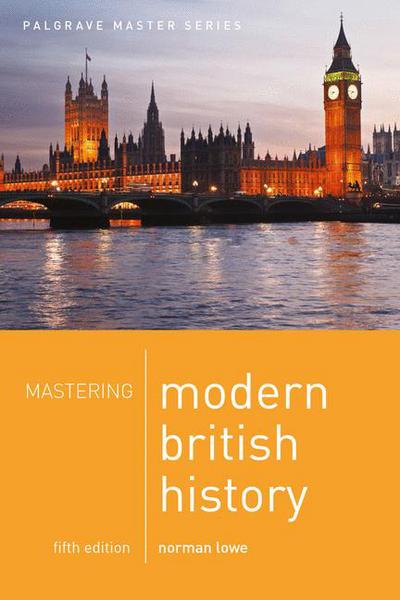


Are you sure you want to reset the form?
Your mail has been sent successfully
Are you sure you want to remove the alert?
Your session is about to expire! You will be signed out in
Do you wish to stay signed in?
Disraeli and Conservative policies
Study Sources A to E and then answer the questions that follow.
Source A:
| Extracts from a speech by Disraeli at the Crystal Palace, 24 June 1872. I have always been of the opinion that the Tory Party has three great objects. The first is to maintain the institutions of the country, especially the monarchy... The second great object is to uphold the Empire of England. If you look at the history of this country since the arrival of Liberalism - forty years ago - you will find that there has been no effort so continuous, so subtle, and supported by so much energy, as the attempts of Liberalism to bring about the disintegration of the Empire... Gentlemen, another great object of the Tory Party is the improvement of the condition of the people... The health of the people is the most important question for a statesman... It involves the state of the dwellings of the people, the regulation of their industry, the inspection of their toil, the purity of their provisions, and it touches on all the means by which you may wean them from habits of excess and brutality. A leading member denounced these policies the other day as a ‘policy of sewage’. But to one of the labouring multitude of England, it is not a policy of sewage, but a question of life and death... and moreover, the Palace is unsafe if the cottage is unhappy. Source: Sources A, B and C are quoted in P. Adelman, Gladstone, Disraeli and Later Victorian Politics, Longman, 1983. |
Source B:
| From the memoirs of R.A.Cross, Disraeli's Home Secretary, 1874-80. When the Cabinet came to discuss the Queen's Speech [in 1874], I was, I confess, disappointed at the lack of originality shown by the Prime Minister. From all his speeches, I had quite expected that his mind was full of legislative schemes; but this did not prove to be the case. On the contrary, he had to rely on the various suggestions of his colleagues, and as they themselves had only just come into office, there was some difficulty in framing the Queen’s Speech. |
Source C:
| From a speech by Gladstone at Dalkeith, 26 November 1879, during the Midlothian Campaign. Go from South Africa into the lofty hills of Afghanistan, as they were last winter, and what do we see? I fear a yet sadder sight than was to be seen in the land of the Zulus. You have seen during last winter from time to time that from such and such a village, attacks had been made upon the British forces, and that in consequence the village had been burned. Those hill tribes had committed no real offence against us. We, in the pursuit of our political objects, chose to establish military positions in their country... The meaning of the burning of the village is that the women and children were driven forth to perish in the snows of winter... Does this not arouse in you horror and grief, to think that England should be associated with such consequences, not for any political necessity, but for a war as frivolous as any ever waged in the history of man. |
Source D:
| A modern historian, A. J. P. Taylor, writes about Disraeli Disraeli had a flighty mind which drifted from smart triviality to adolescent day-dreaming and back again... He was first and last a great actor, watching his own performance and that of others with ironic detachment. He cared for causes only as a means of combat... His novel Sybil is supposed to contain a profound social analysis. In fact it says no more than that the rich are very rich and the poor very poor - by no means a new discovery. His own policy, when he came to power, turned out to be nothing more startling than municipal wash-houses... His only genuine emotion in politics sprang from personal dislike - of Peel in his early career, of Gladstone even more strongly towards the end. Source: A. J. P. Taylor, ‘Dizzy’, in Essays in English History, Penguin, 1976. |
Source E:
| Comments from Robert Blake (later Lord Blake, a Conservative peer), Disraeli’s biographer. Disraeli lacked the administrative and legislative ability of Peel, Gladstone and Balfour. His mind was like a catherine wheel shooting out sparks - most of them fell on damp earth... Where he excelled was in the art of presentation. He was an impresario and an actor manager. He was a superb parliamentarian, one of the half dozen greatest in our history... but another side of him was a slightly mocking observer surveying with sceptical amusement the very stage on which he himself played a principal part. To him, more than to most, politics was ‘the great game’. Source: R.Blake, Disraeli, Methuen, 1969. |
